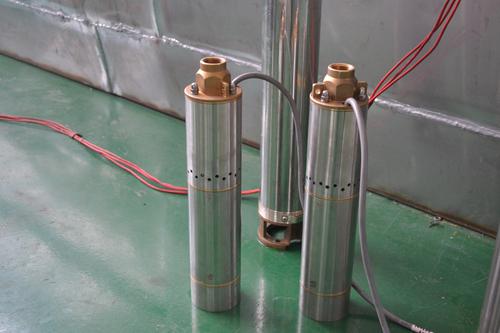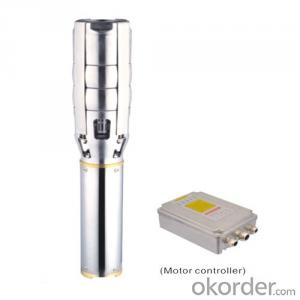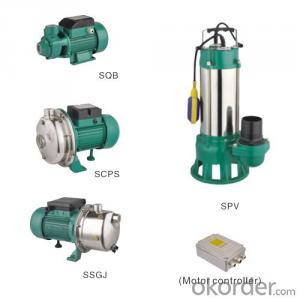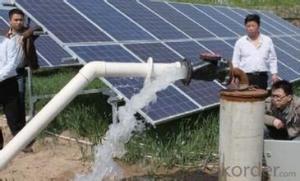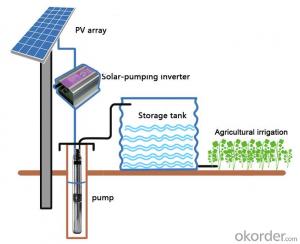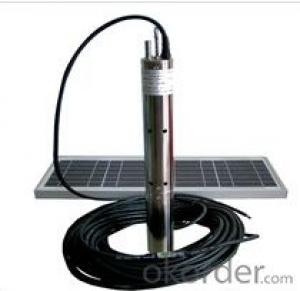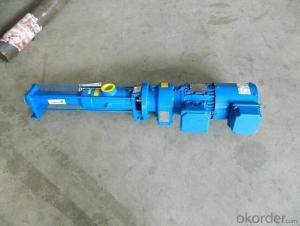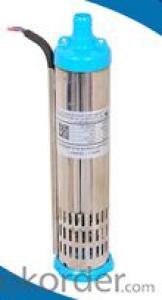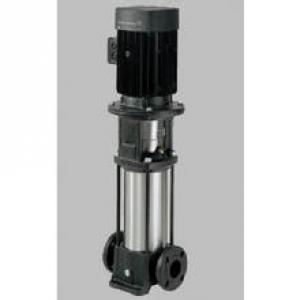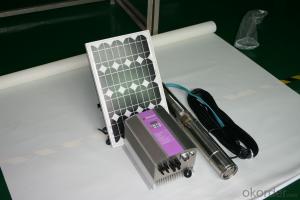Pentair Solar Screw Water Pump
- Loading Port:
- Shanghai
- Payment Terms:
- TT OR LC
- Min Order Qty:
- -
- Supply Capability:
- 300 set/month
OKorder Service Pledge
Quality Product, Order Online Tracking, Timely Delivery
OKorder Financial Service
Credit Rating, Credit Services, Credit Purchasing
You Might Also Like
how is the rotor made:
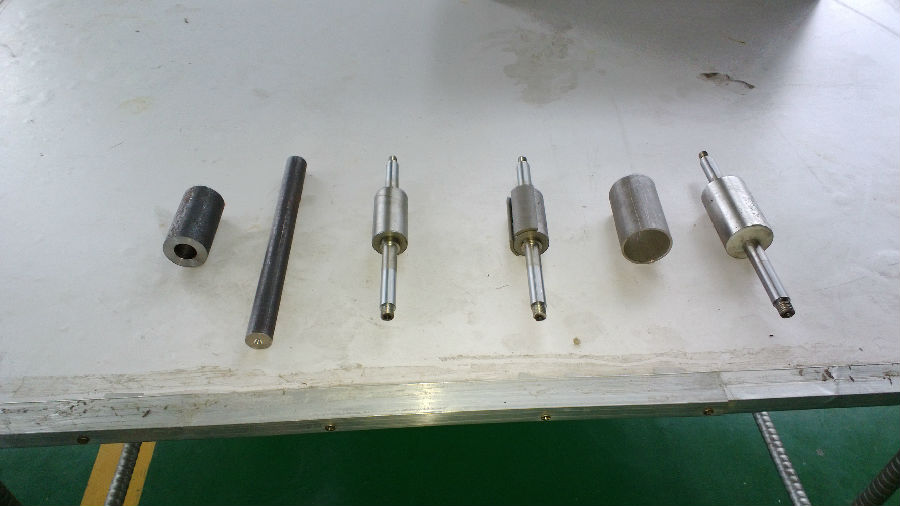
how is the motor made:
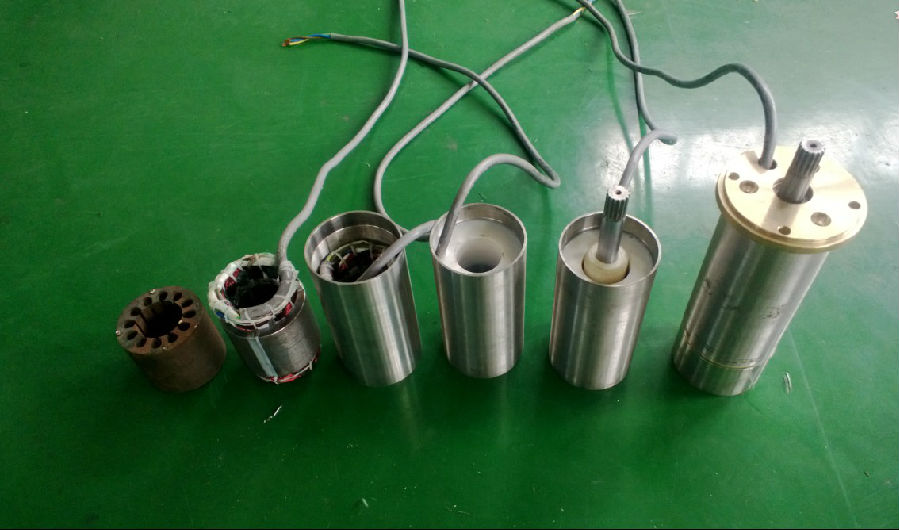
the pump :
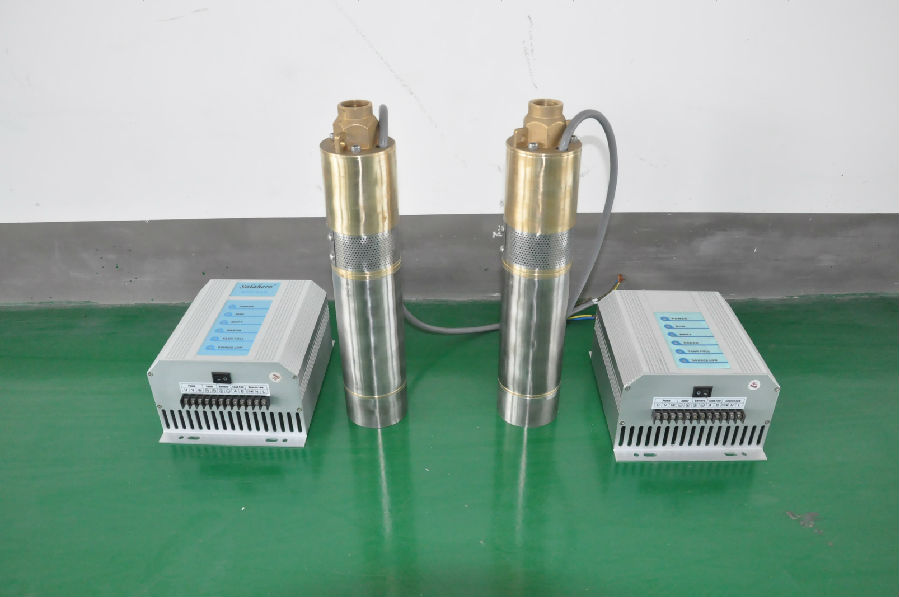
controller terminal connection:
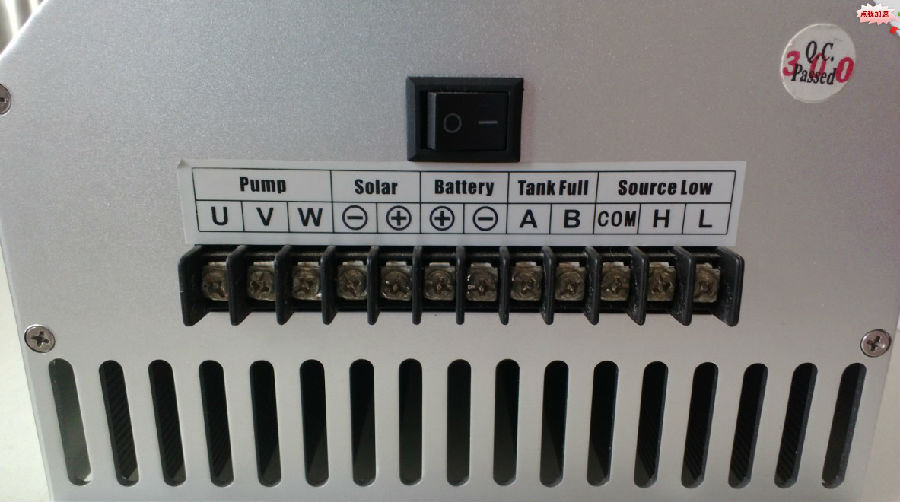
The permanent magnet:
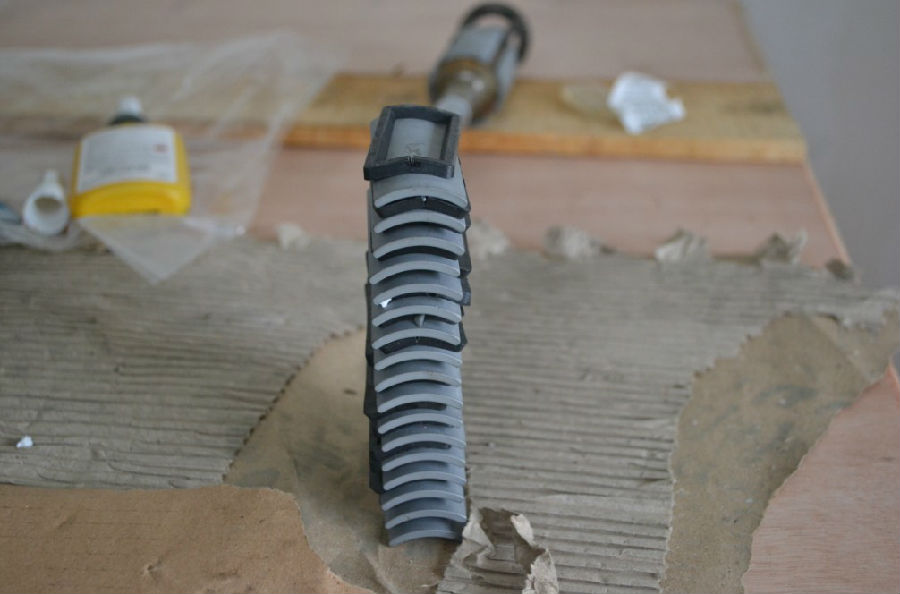
the helical screw:
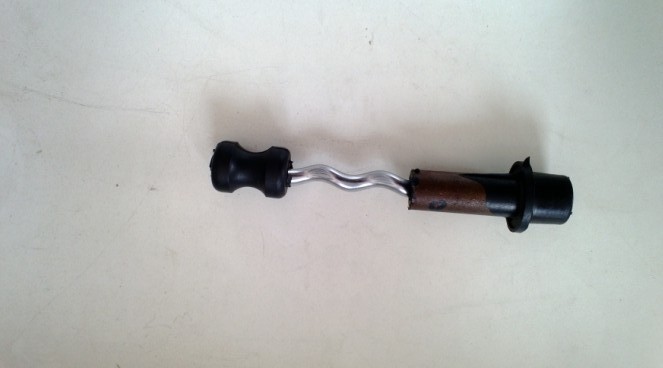
controller box:
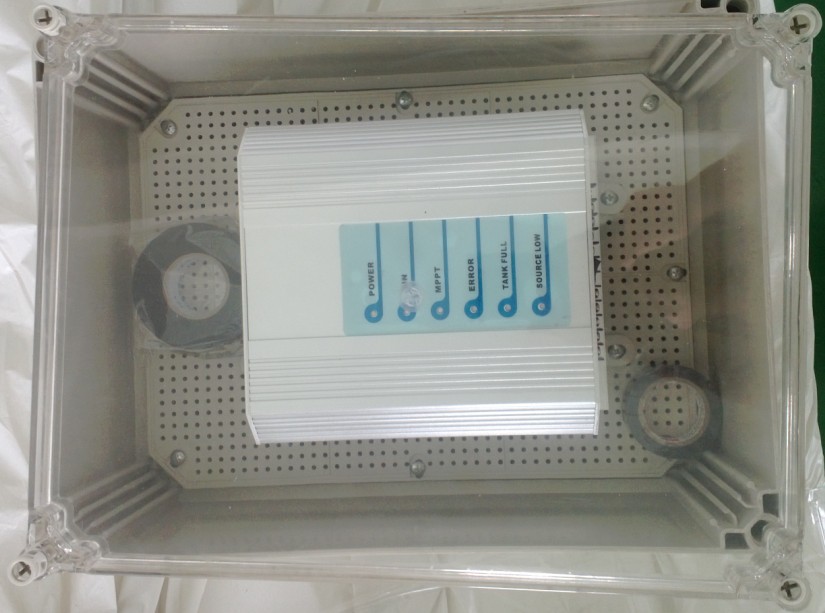
the senors:
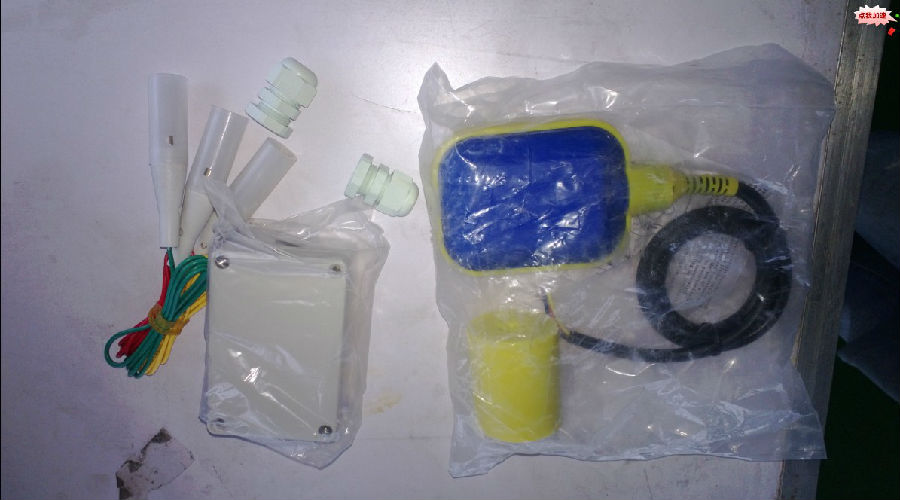
the test:
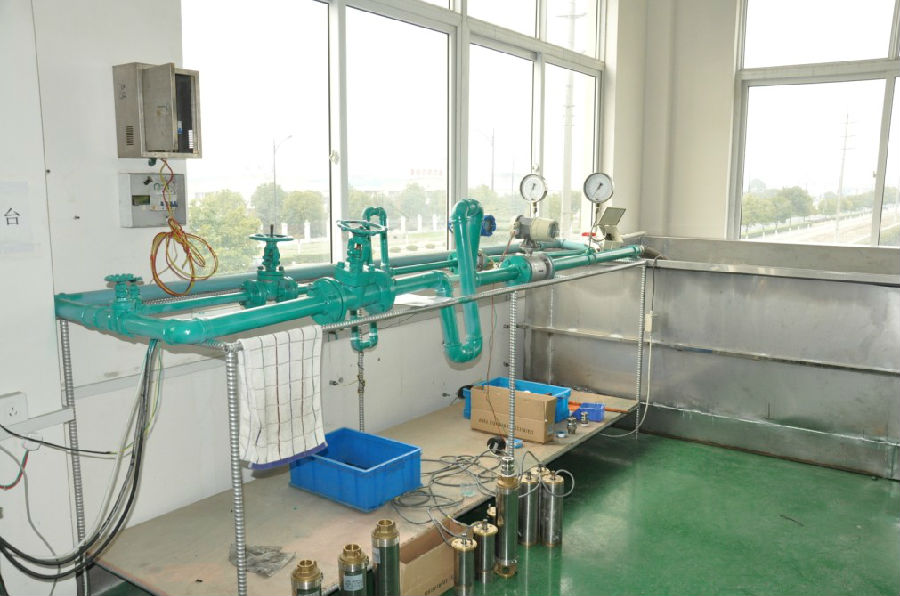
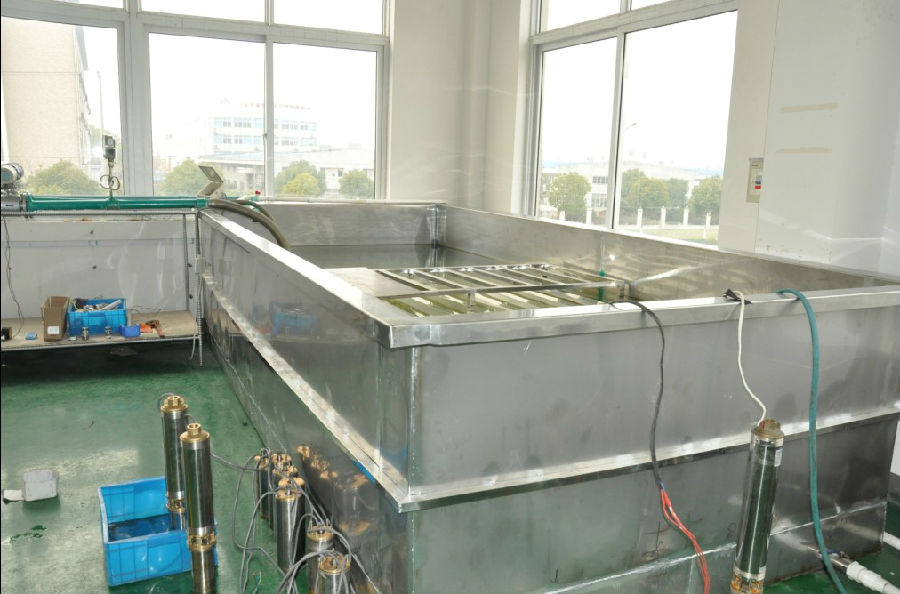
the application:
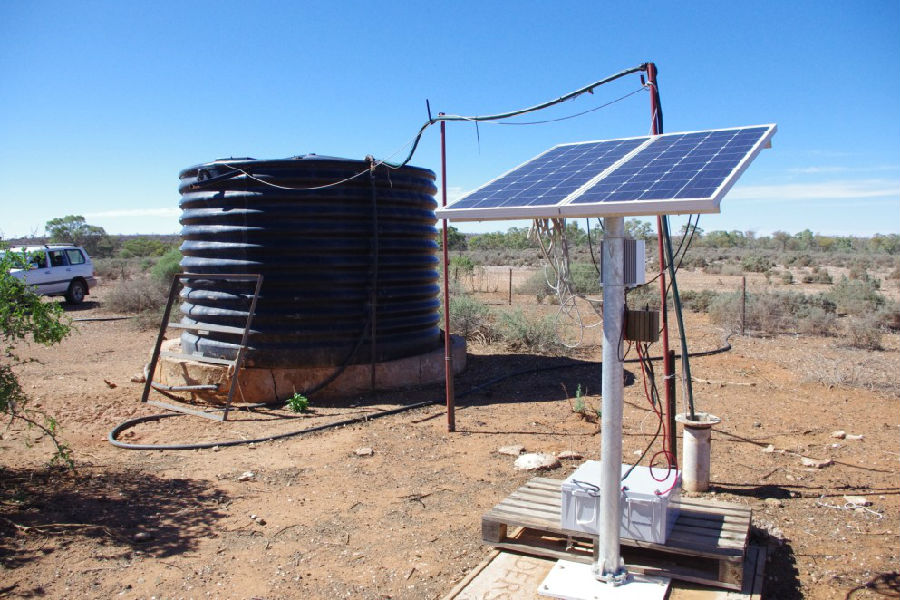
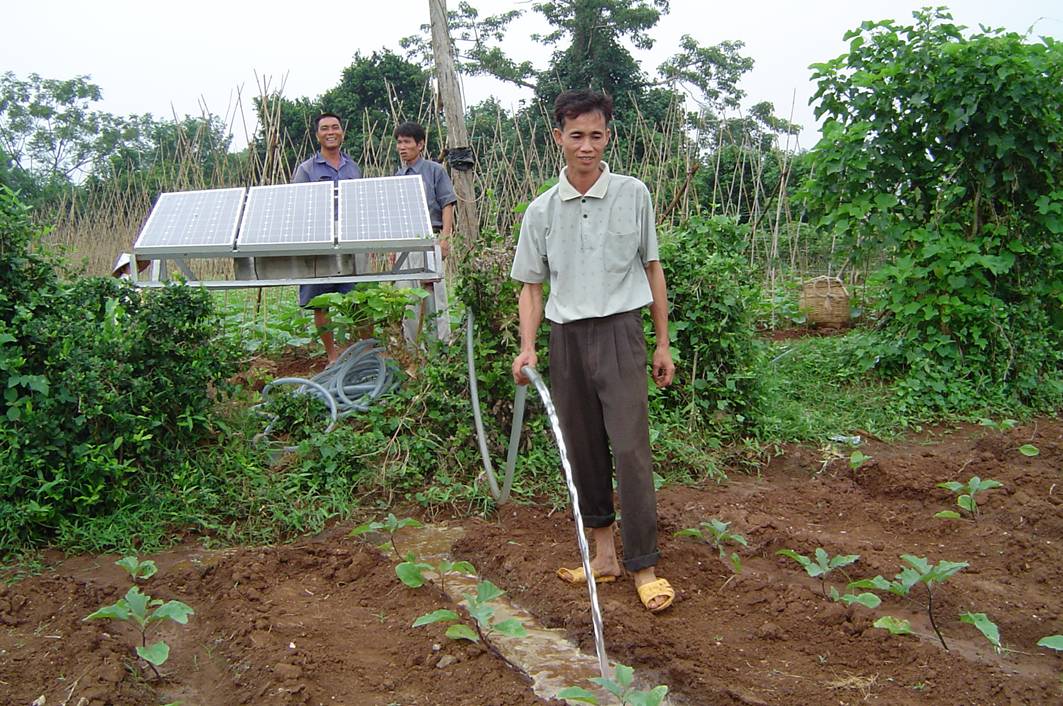
the package:
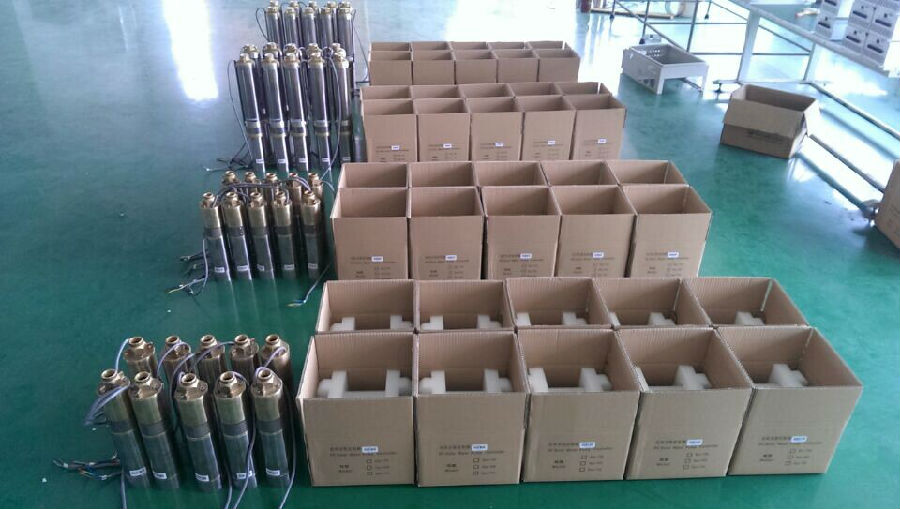
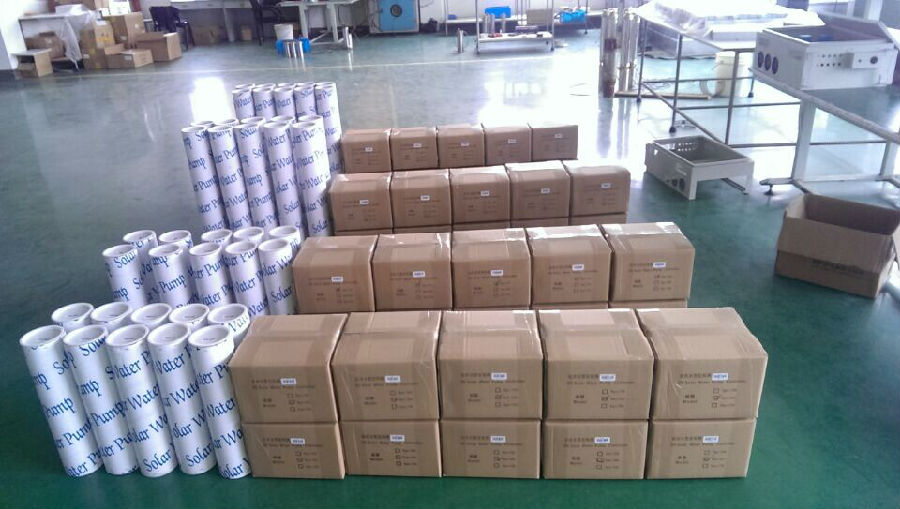
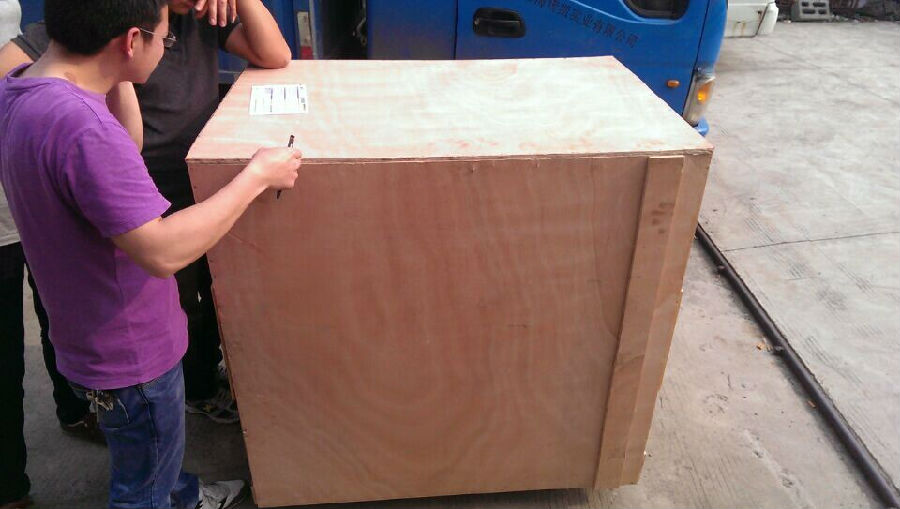
- Q: How does a solar pump handle water source contamination from nearby industries?
- A solar pump does not directly handle water source contamination from nearby industries. However, it can be equipped with additional filtration systems or combined with other water treatment methods to address contamination concerns. These additional measures can help remove or reduce contaminants, ensuring the water pumped from a contaminated source is safe for use.
- Q: What is the average lifespan of a solar pump?
- The average lifespan of a solar pump typically ranges from 15 to 25 years.
- Q: How long does it take for a solar pump to pay for itself in terms of energy savings?
- The payback period for a solar pump varies depending on factors such as the initial cost, energy savings, and local conditions. Generally, it takes around 2 to 5 years for a solar pump to pay for itself through energy savings.
- Q: How does a solar pump handle water with high levels of ammonia or other pollutants?
- A solar pump can handle water with high levels of ammonia or other pollutants by incorporating a filtration system. This system helps remove or reduce the concentration of pollutants present in the water before it is pumped. The filtration process may involve various techniques such as activated carbon filters, reverse osmosis membranes, or other specialized methods depending on the specific pollutants. By effectively filtering the water, a solar pump ensures the delivery of cleaner and safer water for various purposes.
- Q: Are solar pumps weatherproof?
- Yes, solar pumps are typically designed to be weatherproof. They are built to withstand various weather conditions such as rain, snow, and extreme temperatures. However, it is always recommended to check the specifications and manufacturer guidelines for specific models to ensure their weatherproof capabilities.
- Q: Are solar pumps suitable for areas prone to flooding?
- Yes, solar pumps are suitable for areas prone to flooding. Since they operate using solar energy, they are not dependent on grid electricity and can continue functioning even during power outages caused by flooding. Additionally, solar pumps are typically designed to be resilient and durable, making them suitable for harsh environmental conditions, including flood-prone areas.
- Q: Are there any size limitations for solar pumps?
- There are no specific size limitations for solar pumps as they come in a wide range of sizes to cater to different needs and applications. From small, portable solar pumps for personal use to large-scale industrial pumps, solar technology can be adapted to suit various sizes and requirements.
- Q: Can solar pumps be used for water supply in community centers or social projects?
- Yes, solar pumps can definitely be used for water supply in community centers or social projects. Solar pumps are a sustainable and cost-effective solution that can provide reliable water supply without relying on electricity grids or fuel. They can be easily installed in remote areas and can efficiently cater to the water needs of the community center or social project. Additionally, solar pumps are environmentally friendly as they utilize clean energy from the sun, reducing carbon emissions and promoting sustainability.
- Q: Are there any restrictions on the use of a solar pump in residential neighborhoods?
- Yes, there may be restrictions on the use of a solar pump in residential neighborhoods. These restrictions can vary depending on local zoning laws, homeowner association rules, and municipal regulations. It is important to check with the relevant authorities or consult local guidelines to determine any specific limitations or requirements for installing and operating a solar pump in a residential area.
- Q: How does the size of the water distribution network affect the performance of a solar pump?
- The size of the water distribution network can impact the performance of a solar pump in several ways. Firstly, a larger network may require the pump to work harder in order to pump water across longer distances or to higher elevations, resulting in increased energy consumption and potentially decreased efficiency. Additionally, a larger network may require more frequent maintenance and repairs, as there are more pipes, valves, and connections that can become damaged or clogged. Furthermore, a larger network may also experience greater pressure variations, which can affect the pump's performance and require additional adjustments and monitoring. Overall, the size of the water distribution network can significantly influence the efficiency, reliability, and overall performance of a solar pump.
Send your message to us
Pentair Solar Screw Water Pump
- Loading Port:
- Shanghai
- Payment Terms:
- TT OR LC
- Min Order Qty:
- -
- Supply Capability:
- 300 set/month
OKorder Service Pledge
Quality Product, Order Online Tracking, Timely Delivery
OKorder Financial Service
Credit Rating, Credit Services, Credit Purchasing
Similar products
Hot products
Hot Searches
Related keywords

